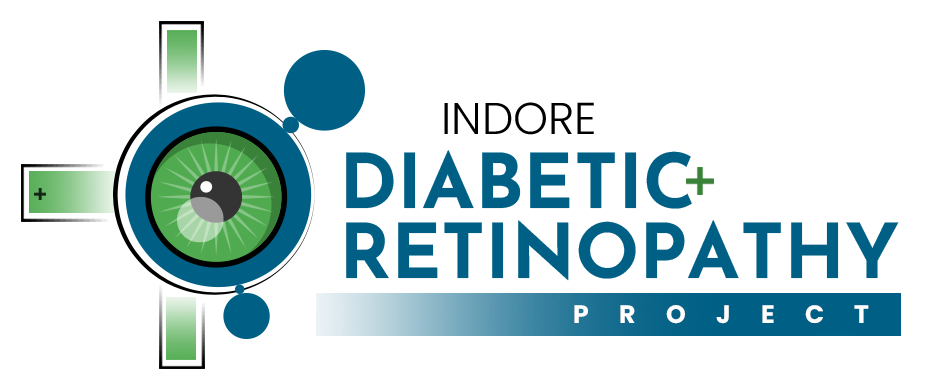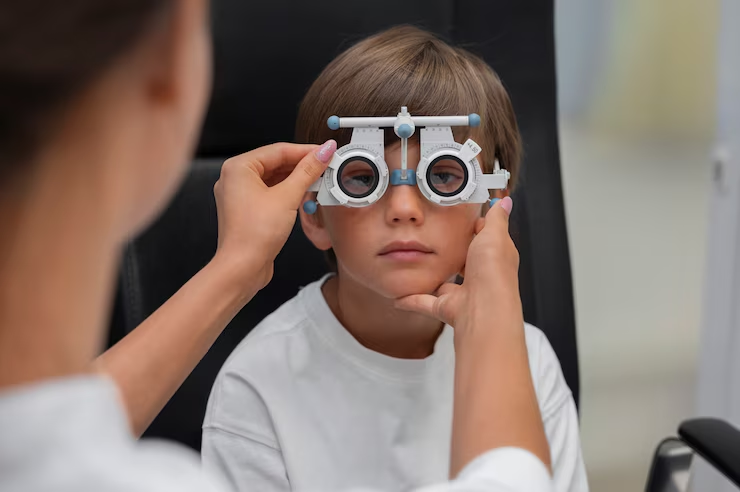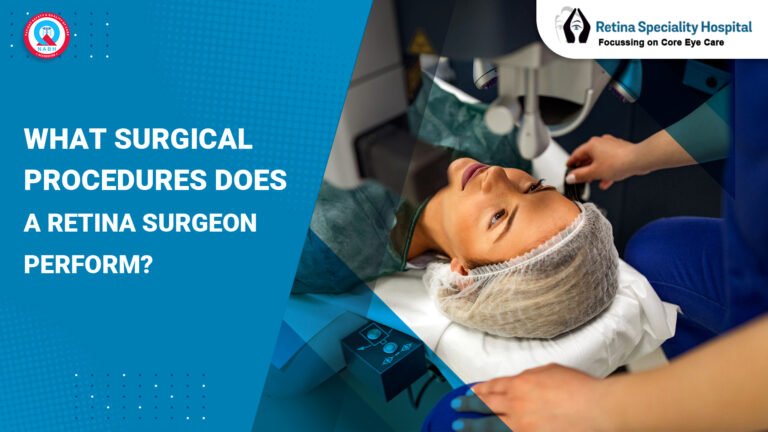As a parent, you want the best for your child’s health, including their eyesight. One common but often overlooked eye condition in children is squint (strabismus). Many parents may dismiss it as a temporary issue, but without timely treatment, squint can lead to permanent vision problems. Early detection and intervention play a crucial role in ensuring your child develops normal vision.
In this blog, we will discuss:
- What squint is and its causes
- The impact of delayed treatment
- Early signs parents should watch for
- Available pediatric squint treatments in Indore
- How to choose the best squint specialist in Indore
If you’re searching for an eye check-up hospital near you, understanding squint and its treatments will help you take the right steps for your child’s eye health.
What is Pediatric Squint (Strabismus)?
Squint, also known as strabismus, is a condition where the eyes do not align properly. One eye may turn inwards, outwards, upwards, or downwards while the other remains focused. This misalignment can lead to lazy eye (amblyopia), depth perception issues, and, in severe cases, vision loss.
Causes of Squint in Children
- Genetic factors
- Weak eye muscles
- Uncorrected refractive errors (such as high myopia or hypermetropia)
- Neurological conditions
- Premature birth or low birth weight
- Trauma or eye injury
Why Early Detection is Crucial
Early intervention significantly improves treatment success. If left untreated, squint can cause permanent vision impairment.
Consequences of Delayed Treatment:
- Amblyopia (Lazy Eye): The brain starts ignoring signals from the misaligned eye, leading to reduced vision.
- Poor Depth Perception: Affects daily activities like catching a ball or climbing stairs.
- Social and Psychological Impact: Children with noticeable squints may suffer from self-esteem issues.
To prevent these complications, parents should consult squint eye surgeons in Indore at the earliest signs of misalignment.
Signs and Symptoms to Watch For
Parents should observe their child’s eye movements, especially in early childhood. Common signs include:
- One eye drifting while the other stays focused
- Frequent tilting of the head to see clearly
- Complaints of double vision or blurred vision
- Squinting or closing one eye in bright light
- Difficulty in tracking moving objects
If you notice any of these symptoms, book an appointment at best eye hospital near me for a professional eye check-up.
Diagnosis: How is Pediatric Squint Identified?
A pediatric ophthalmologist will conduct various tests to diagnose squint:
- Visual Acuity Test: Determines the child’s ability to see clearly at different distances.
- Cover Test: Checks eye alignment by covering one eye at a time.
- Refraction Test: Identifies refractive errors that may contribute to squint.
- Eye Movement Test: Assesses muscle strength and coordination.
Where to Get an Eye Check-Up?
Looking for an eye check-up hospital near you? Ensure you visit a specialized retina and squint clinic for accurate diagnosis and treatment.
Treatment Options for Pediatric Squint
Treatment depends on the severity and type of squint. Common options include:
1. Glasses and Vision Therapy
- If squint is due to refractive errors, prescription glasses can help align the eyes.
- Vision therapy exercises improve coordination between both eyes.
2. Eye Patching for Lazy Eye Treatment
- The stronger eye is patched to encourage the weaker eye to work harder.
- Best suited for mild to moderate cases of lazy eye treatment for kids in Indore.
3. Botox Injections
- Used in some cases to temporarily relax overactive eye muscles.
4. Squint Eye Surgery
- If other treatments fail, surgery may be required to adjust the eye muscles.
- Performed by squint eye surgeons in Indore at specialized hospitals.
How to Choose the Best Squint Specialist in Indore
Finding the right doctor is crucial for successful treatment. Here’s what to look for:
- Experience & Credentials: Choose a specialist with expertise in pediatric squint treatment in Indore.
- Hospital Facilities: A well-equipped hospital ensures accurate diagnosis and advanced treatments.
- Patient Reviews: Check testimonials to gauge success rates.
- Comprehensive Care: The hospital should offer follow-up care and therapy post-treatment.
One of the biggest hospitals in Indore offers specialized squint treatment with top-rated eye specialists.
FAQs About Pediatric Squint
1. Can squint be corrected without surgery?
A . Yes, in many cases, glasses, eye exercises, and patching therapy can correct squint if detected early.
2. What age is best for squint treatment?
A . Treatment should ideally start before age 6 for the best results.
3. Is squint surgery safe for kids?
A . Yes, modern squint surgery is safe and performed under anesthesia with minimal risk.
4. Will my child need lifelong treatment?
A . Most children improve with timely intervention, but regular eye check-ups are necessary.
5. How do I find the best eye hospital in Indore for squint treatment?
A . Look for hospitals with experienced specialists, advanced diagnostic tools, and a track record of successful treatments.
Conclusion
Pediatric squint is a serious but treatable condition. Early detection is key to preventing long-term vision issues. If you suspect your child has a squint, don’t delay—consult a squint specialist in Indore today.
Book an appointment at Indore’s best eye hospital for a eye check-up and expert treatment for your child’s vision. Early care leads to a lifetime of clear sight!












